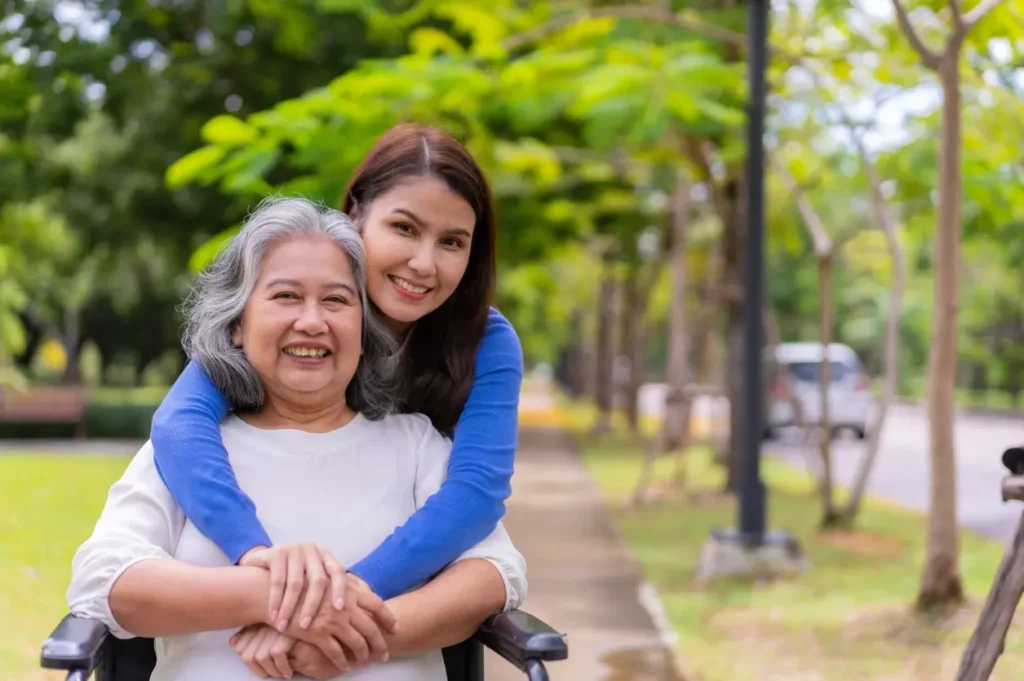Enhancing Quality of Life and Care Efficiency
The aging population is a significant demographic trend, with profound implications for healthcare systems worldwide. In response, Artificial Intelligence (AI) is increasingly integrated into elderly care, offering innovative solutions to enhance the quality of life for seniors and streamline care processes. This exploration delves into the transformative role of AI in elderly care, highlighting how technology is not only improving care delivery but also fostering independence and dignity for the elderly.
Revolutionizing Elderly Care with AI
AI’s role in elderly care is multifaceted, addressing both direct care needs and operational efficiencies. From predictive health monitoring to AI-driven mobility aids, the technology is becoming indispensable in crafting environments where the elderly can thrive with respect and dignity.
AI-Driven Health Monitoring and Predictive Analytics
One of the most impactful applications of AI in elderly care is in health monitoring and predictive analytics. AI systems equipped with machine learning analyze data from various sources, such as wearable sensors and patient medical records, to predict potential health issues before they become critical. This proactive approach allows for timely interventions, potentially preventing hospitalizations and improving health outcomes.

For instance, AI-powered systems can detect early signs of conditions like urinary tract infections or dehydration, common ailments among the elderly that can lead to severe complications if untreated. By alerting caregivers to these risks early, interventions can be more effective, enhancing overall patient well-being.
Automating Administrative Tasks to Enhance Care Delivery
AI is also transforming the administrative side of elderly care. Automated scheduling systems streamline the management of appointments and staff shifts, ensuring that resources are optimized and that there is always sufficient coverage for patient needs. Moreover, AI-driven platforms can handle routine inquiries from residents and their families, freeing up staff to focus on direct care tasks.
Cognitive Assistance and Social Interaction
AI technologies extend into cognitive support and social interaction, crucial areas for maintaining the quality of life in elderly populations. AI-powered virtual assistants and chatbots provide companionship and cognitive engagement, which are vital for seniors, particularly those with limited mobility or those living alone.
These AI assistants can conduct conversations, play cognitive games, and even guide users through exercise routines, all tailored to the individual’s health profile and preferences. They not only keep the elderly mentally active but also help combat loneliness, a significant issue that affects mental health.
PeakMet’s Role in Elevating Elderly Care Through AI

PeakMet is at the forefront of integrating AI into elderly care, providing technologies that enhance both the efficiency of care systems and the quality of life for seniors. PeakMet’s solutions include advanced monitoring systems that track health indicators in real-time and intuitive AI platforms that manage day-to-day administrative tasks seamlessly.
Challenges and Ethical Considerations
While AI’s benefits in elderly care are significant, they come with challenges and ethical considerations. Privacy concerns, particularly related to the handling of sensitive health data, are paramount. There’s also the need to balance technology use with human care, ensuring that AI supports but does not replace the human touch that is so crucial in care settings.
The Future of Elderly Care: A Synergy of AI and Human Compassion
As AI continues to evolve, its integration into elderly care is expected to deepen, making care systems more responsive and personalized. The synergy between AI technologies and traditional care practices promises a future where elderly individuals receive care that not only preserves their health but also upholds their dignity and independence.

The integration of AI in elderly care is a testament to how technology can enhance human lives, particularly those of the most vulnerable. With careful management of ethical considerations and a commitment to enhancing care, AI can significantly improve the way we support our aging populations.


